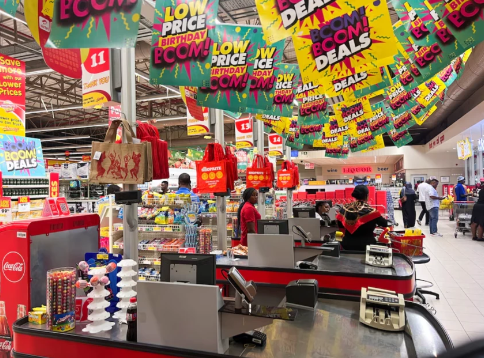Nigeria’s headline consumer inflation reached a 28-year high in April, rising to 33.69% year-on-year, up from 33.20% in March, according to data released on Wednesday by the National Bureau of Statistics. This surge in inflation has been driven by the administration of President Bola Tinubu cutting petrol and electricity subsidies and devaluing the naira currency twice.
In response to these inflationary pressures, the central bank has raised interest rates twice this year, including its largest hike in about 17 years. The central bank governor has stated that interest rates will remain elevated as long as necessary to curb inflation, with another rate-setting meeting scheduled for next week.
The report highlighted that the food and non-alcoholic beverages category continued to be the main contributor to inflation in April. Food inflation, which forms a significant part of the inflation basket, increased to 40.53% annually, up from 40.01% in March.
These price pressures have plunged millions of Nigerians into the worst cost of living crisis in decades, making it difficult for them to meet their basic needs. In an effort to alleviate the financial strain on government workers, President Tinubu has announced a salary increase of up to 35% for civil servants. Additionally, his administration has resumed a direct cash transfer program to assist vulnerable households and has distributed at least 42,000 tons of grains, including corn and millet, to provide further relief.



